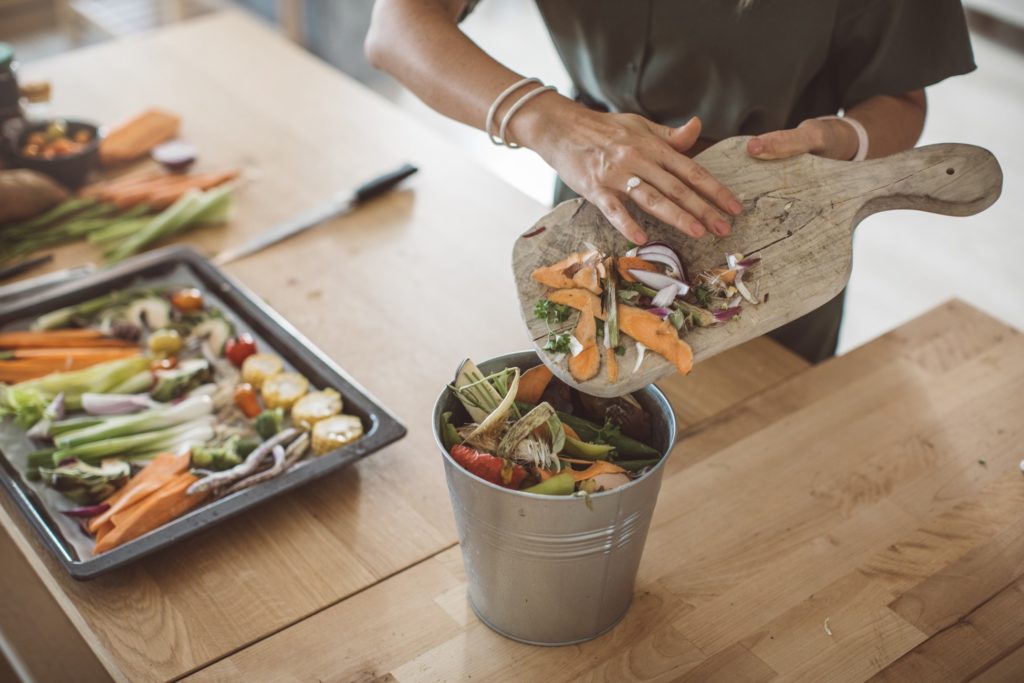
Composting Tips & Tricks
Reduce waste through composting! Compost is organic material that can be added to soil to help plants grow. Food scraps and yard waste are examples of compost, but usually these items are thrown away, rather than being composted. Making compost keeps these items out of landfills where they release methane and take up space.
All composting requires three ingredients: browns, greens, and water. Browns being dead leaves, branches, twigs. Greens being grass clippings, vegetable waste, fruit scraps, coffee grounds. And the right amount of water.
Any time is a good time to start composting, but spring is particularly advantageous. In spring, you can use the warmer weather to your advantage along with the increased activity of microorganisms and creatures. By composting, you will enrich your soil by retaining moisture and suppressing plant diseases and pests. You will also reduce your need for chemical fertilizers and methane emissions from landfills, lowering your carbon footprint.
For backyard composting, select a dry, shady spot near a water source for your compost pile. Add even amounts of browns and greens, making sure the larger pieces are shredded or chopped. For dry materials, make sure they are moistened as they are added to the pile. Once you have built your compost pile, mix grass clippings and green waste in and bury fruit and vegetable waste under 10 inches of material.
If you don’t have a proper space for outdoor composting, you can do so indoors with a specialized composting bin. When properly managed, an indoor bin will not attract pests or give off an unwanted scent.
Check out some more composting tricks:
- Fats, pet droppings, or animal dropping should not be compost. They will attract pests and can spread disease.
- Shredded newspaper or plain white paper works great as compost!
- Plants that have been treated with pesticides should not be used.
- Straw is an excellent source of carbon for your compost pile.
- Kitchen waste such as vegetable peels, fruit rinds, coffee grounds, tea bags, and egg shells can be fed to worms. Meat and dairy products should be avoided.
- Woody stalks or corn cobs usually decompose slower, smash with a hammer to make it easier for the microorganisms in your pile to break them down.
- Too many browns will make your pile hard to break-down. Too many greens will make your pile too smelly. Try layering each evenly.
- The more you add at once the quicker your pile will heat up. One big meal is better than several small snacks.
- When finished your pile should look, feel, and smell like rich, dark soil. The items you added should be unrecognizable.
- Relax, and stick to the process. Eventually you will make a great compost!
Sources: https://www.planetnatural.com/composting-101/tips/ – http://www.carryoncomposting.com/416920199 – https://www.epa.gov/recycle/composting-home


